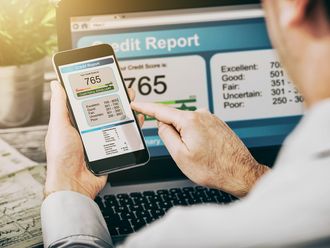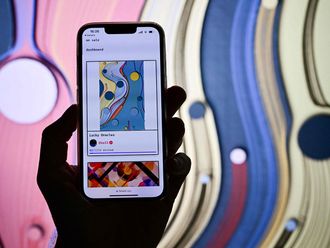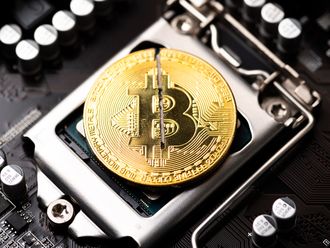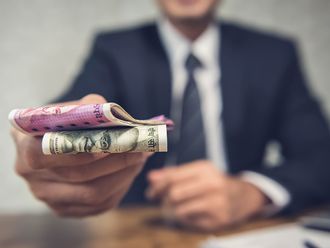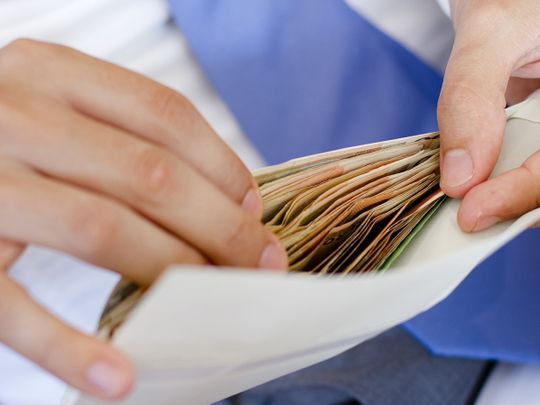
Dubai: While there’s no denying that credit and debit cards make spending money easy, one can argue that often times it’s this very convenience that can lead a lot of us to spend more than we usually do.
This is why financial planners evaluate the importance of an ‘all-cash diet’ as an effective tool in helping you stick to your budget and save money. But what is this system and how does it work?
An all-cash diet is a budgeting method where you stop using your credit and debit cards and start using cash for all your purchases. Simply put, an all-cash diet means using only cash for purchases.
If you have a tendency to overspend when using cards, eliminating the temptation and budgeting a set cash amount each day, week, and month can help you better savings habits
Overspend using cards?
“If you have a tendency to overspend when using cards, eliminating the temptation and budgeting a set cash amount each day, week, and month can help you better savings habits,” said Mirin Raul, a Dubai-based personal finance counsellor, who coaches those with issues tracking expenses and liabilities.
Several studies have been indicating how there has been a surge in people who now overspend when using non-cash transactions compared to cash transactions, with World Bank also having conducted one such consumer spending review, when surveying how people in 123 economies use financial services.
“As cash can be physically held, when you use it, you have to physically take it from your purse or wallet and hand it over. You can instantly see you have less cash than you did before. In fact, when doing it repeatedly, you’d realise it’s more painful to pay with cash than it is to pay with a card,” added Raul.

How does an all-cash diet work?
“What if your budget shows that you shouldn’t spend more than Dh100 at the grocery store each week and you only bring Dh100 during your next visit? You have no choice but to stick to your Dh100 budget! The same could go for your next visit to a restaurant, or the shopping mall.”
This ‘diet’ can be implemented anywhere that has some sort of discretionary spending where you could save money. By figuring out how much you’d like to spend in these categories and limiting it by only using cash, you avoid overspending.
In other words, an all-cash diet saves you money by making you feel the pain of spending which makes you second guess each purchase and also limits your spending to the amount of physical cash you possess. It’s can be an effective tool to use to get your money under control.
However, while this largely short-term expense–focussed budgeting style can be seen as a cash-only exercise, an all-cash diet also includes long-term cash budgets, which can have a time frame of years, apart from short-term cash budgets, which lasts only a few weeks to months.
How do you start an all-cash diet?
• Know how much cash you need to withdraw each month
A cash-only diet begins with establishing a budget so you’ll know how much cash you need to withdraw each month.
“For starters, you need to know how much income you’re pulling in, along with how much you typically spend within a month,” said Mohammed Shaan, a Dubai-based investments consultant.
“Comb over past bank and credit card statements so you can crunch the numbers. Your budget will include categories, such as housing, utilities, car payments, phone and Internet bills, and other fixed costs.”
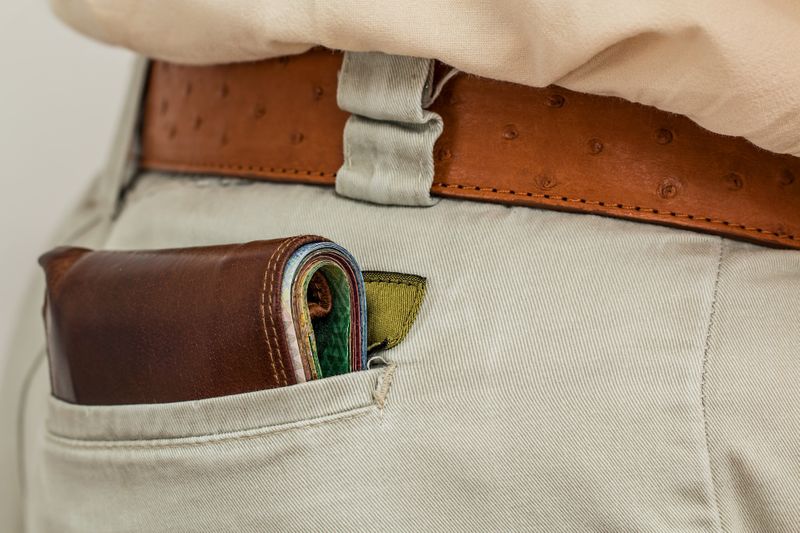
• Get a snapshot on your discretionary spending
The next step is to examine your bank statements to get a snapshot on your discretionary spending, such as leisure expenses, shopping and eating out. You need to factor in one-off annual expenses. This annual amount is divided by 12 so that you’re covering off these expenses each month.
Finally, you need to tally up your debts so determine how much you owe, and how you plan on gradually lower your debt repayments.
“Tallying up debts can be difficult but it provides a lot of insight into what your cash flow and spending looks like on a monthly basis. Your budget needs to balance: you’ll have your income, along with fixed expenses, discretionary spending, annual expenses, and debt repayments,” added Shaan.
Tallying up debts can be difficult but it provides a lot of insight into what your cash flow and spending looks like on a monthly basis
• Determine how you’ll live off of your cash-only diet
“With your budget in, your next steps are to determine how you’ll live off of your cash-only diet. Fixed expenses from rent to car payments are better off paid by bank transfers, automated payments, cheques and other forms of payments,” he added. “They shouldn’t be paid in cash.”
Your debt repayments can be automated now that you have a fixed monthly sum dedicated to this category, too. Using cash as your only payment tool for discretionary spending is a good idea, though, noted Shaan.
“If you’ve earmarked Dh250 per month on groceries, or Dh50 a week on workplace lunches and coffees, you could withdraw money for that duration at the start of the month. The cash goes into your budget allocated for each category,” explained Raul.
“When you head to the supermarket, for example, you’ll bring the designated cash with you. The money comes out in the transaction and it’s replaced with a receipt to account for your purchases.”
“The first month or two may be tricky as you slowly perfect your budget. You may find you put too much in one category and not enough in another. You can always make adjustments as you see fit,” added Raul.
“At the end of each budgetary term, the ending balance of the cash budget – if you manage to accumulate one – is carried forward to the next term's cash budget.”
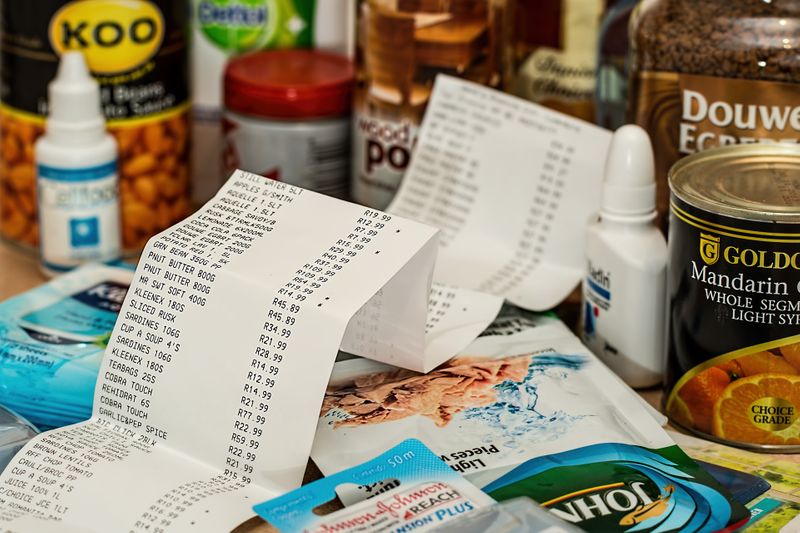
Some key problems with all-cash diet
Although some money experts say that following a cash-only spending policy is an effective way to budget, it's also not always the safest or most lucrative payment option.
Going cashless may not be a viable option for you forever, but if you’re looking to get your budget on track quickly, it’s definitely worth a shot. But keep in mind that while debit and credit cards make life convenient, cash is often times inconvenient, and it’s not as safe as carrying a debit or credit card.
“If you lose one of your cards, or worse, someone takes them from you, it’s not a problem – they can be easily cancelled,” said Shaan. “If you lose cash, it’s gone for good. It’s best to keep minimal amounts on you for safety concerns.
“Online shopping also puts a hurdle in front of the all-cash diet since you can’t use cash to shop online. The way around this is to be extra cautious when shopping online with a debit card and if you use a credit card then make sure you pay off the balance immediately.”
“The fix is to only make purchases when you have the cash in your hand from the right category. If you can’t stick to the all-cash system, leave the rest of the cash (and your debit or credit cards) at home. Aim to not stray from your purchasing plans and the overall budget.”
Bottomline?
While an all-cash diet eliminates the use of debit and credit cards, financial planners reiterate that it isn’t meant to rid you of your debit and credit cards entirely.
“An all-cash diet is mainly aimed at saving you money on certain categories that you overspend on,” added Raul. “By only bringing the amount you budget for, you have no choice but to stick to that amount. There’s no better way to enforce your budget than that!”
If you’re accustomed to using plastic to pay for everything in your daily life, you may lose grasp of how much you’re spending. A cash-only diet is meant to teach how easily money can be overspent and how you can benefit knowing your spending patterns.
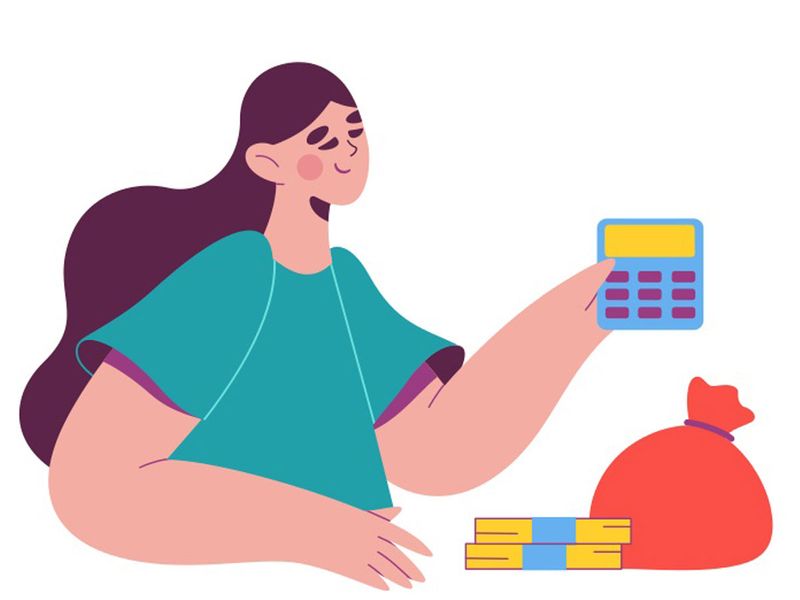
“Perhaps you’ll learn your fixed expenses are too high or that you can make ends meet if you stop eating out every day for lunch,” added Shaan.
“Your budget will also help you stay disciplined and gain insight into how much it costs to run your finances smoothly. Within a few months, you’ll know precisely how much you’re spending on groceries, entertainment, debt repayment and the other categories that make up your budget.”
Cash-only diets essentially enable you to take a pause before you spend and ask yourself if you really need to make that purchase, too. With an envelope stuffed with only a limited amount of money, you’re forced to decide what you need versus what you want.



